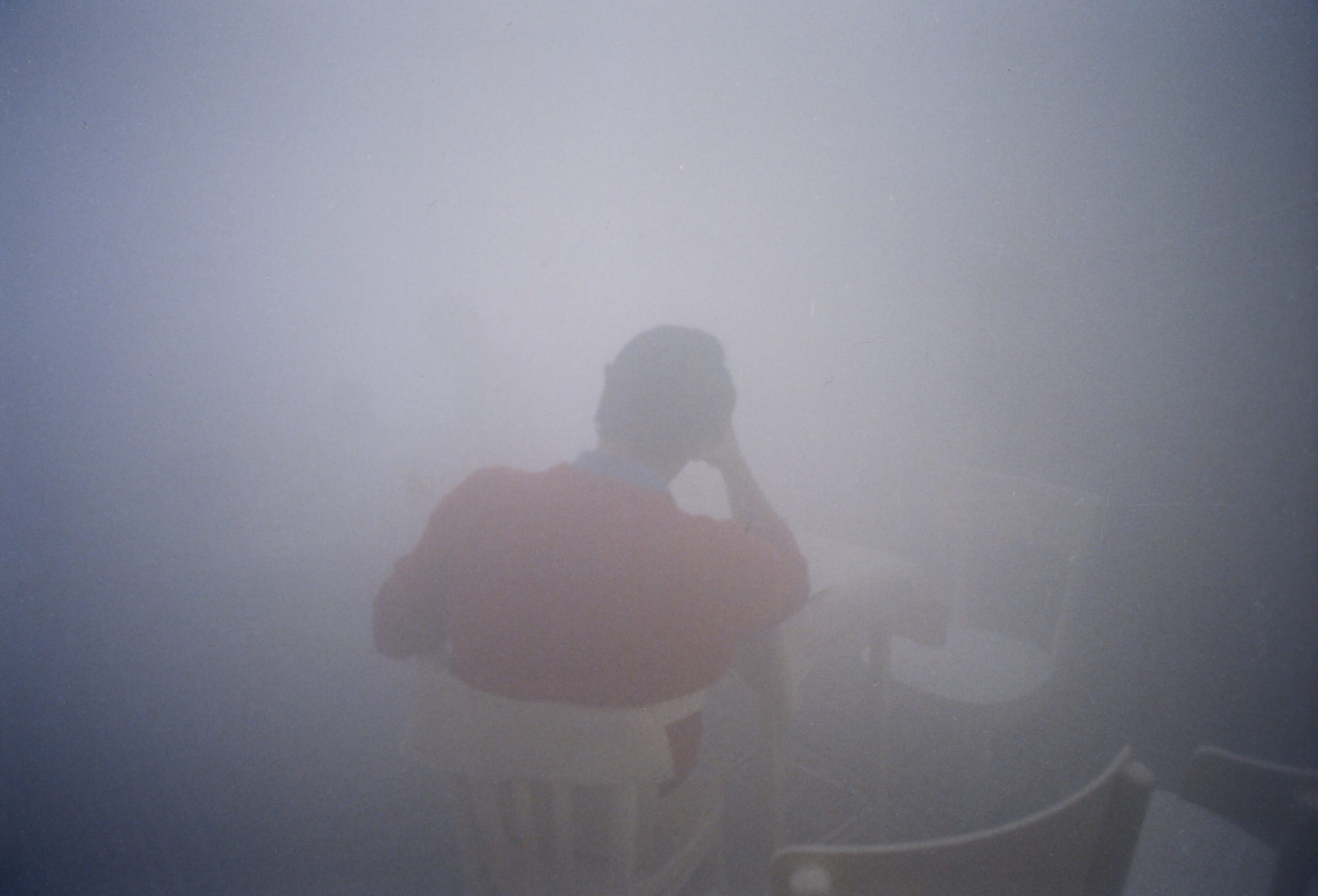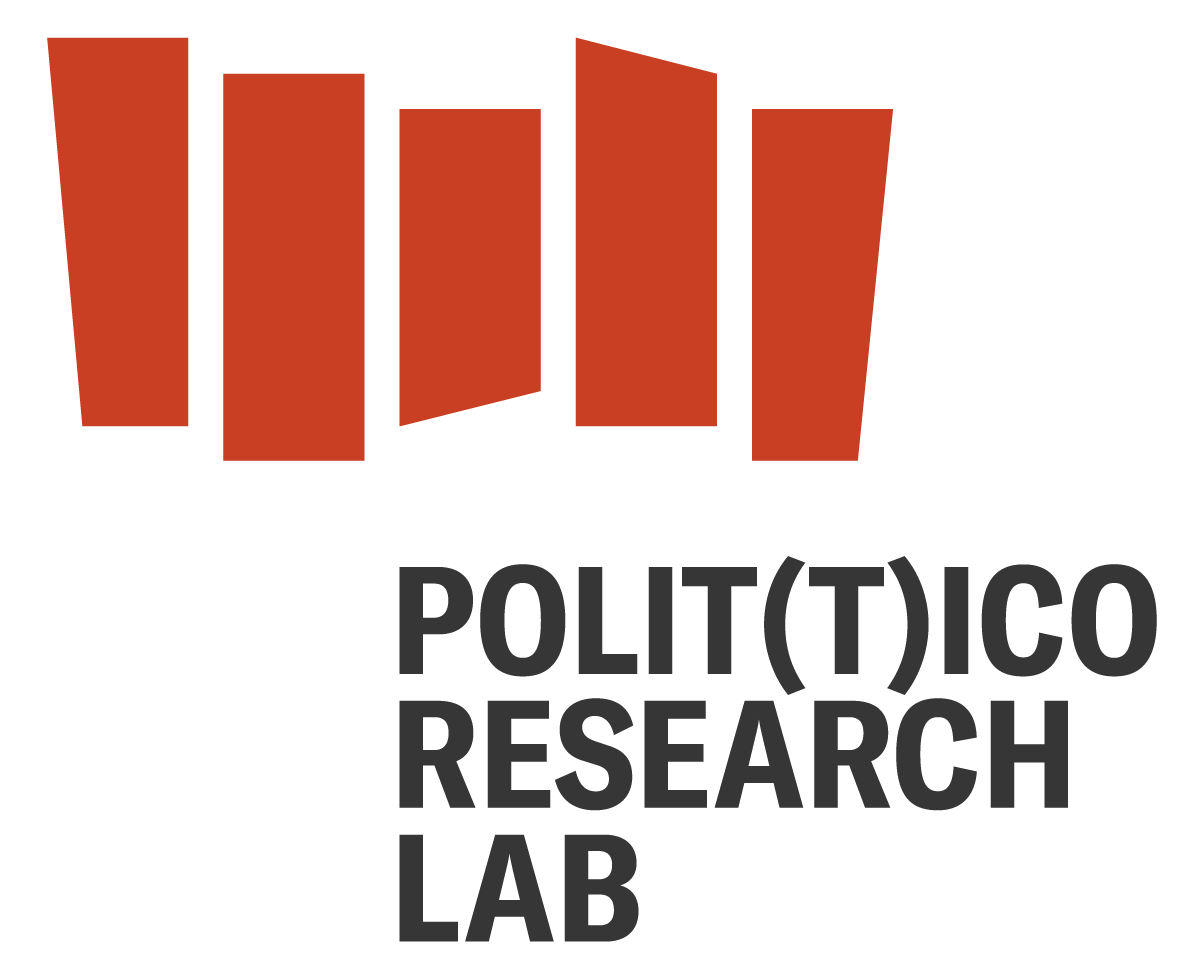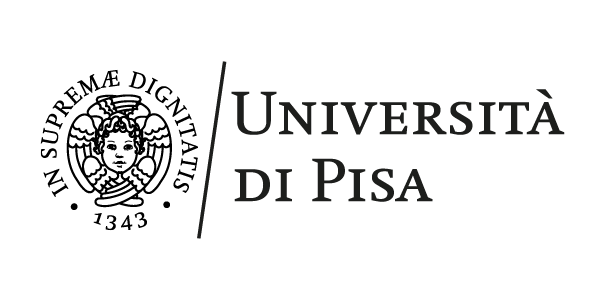
Luigi Ghirri
Salsomaggiore 1983-85
©Eredi di Luigi Ghirri
Over the last ten years, architectural criticism has suffered a tremendous setback. Before this occurred, professional critics read works of architecture as complex knowledge systems and their job was to dissect and psychoanalyze these works in order to understand their constitutive and compositional logics, within the political, social and economic forces that influenced them. In addition, critics served to guide and orient, to spread architectural culture, and identify emerging trends. These roles are now lost. Marginalized as a subjective – and thus dangerous – practice, criticism today has been almost entirely replaced by scientific analysis, as a certain documentary interest continues to solidify,[1] a kind of archive fever, in the words of Derrida, or, as Walter Benjamin wrote, “a new objectivity that has created a vogue for reportage.”[2] The result is a concentration of the interests of researchers on everything that occurs a latere of the work, as well as an anecdotal curiosity for microhistories and narratives regarding the project. What’s more, due to an excessively dogmatic interpretation of the thought of Manfredo Tafuri, the attention of historians has been relocated from reading the work, understood as a finished product, to its backstage, i.e., its processes of formation, production and construction. The Roman historian once wrote that when you want to discover the secrets behind a magician’s tricks it is much better to observe him from behind the scenes than to continue staring intently at him from the audience.[3] Thus Tafuri’s thought – according to which the object of criticism is the mechanism of production rather than that of consumption – has been used to initiate new post-critical readings.
As a consequence, investigation into the processes of formation of works of architecture – conducted by ever more talented researchers with solid scientific and anthropological foundations and always on the hunt for new methodologies of analysis – has brought about a shift in paradigm that is not only hermeneutic but practical and operative as well. In other words, refocusing attention behind the scenes has effected a radical change of direction in authorial research. It seems reasonable to believe that the recent orientation of architecture toward open and unfinished forms – which are not intended to be universal syntheses but rather little narratives – derives from this change in the methodologies employed to analyze works. This is probably why many authors tend to dissolve the fixity of the finished product, preferring instead to shine a light on the work’s script, revealing its mechanisms of production but also the influences and contaminations to which it has inevitably been exposed.
Today, though, the explosive arrival of anthropologists, urban geographers, philosophers and political scientists to the debate on architecture has revealed the partiality of criticism exercised by architects, perhaps little inclined to frame artistic phenomena within the most recent frontiers of contemporary scientific, technological and philosophical thought. The result is the nearly total disappearance of professional criticism or its refusal to accept the role of intellectual orientation and guidance that, for better or worse, historians and critics once played. Today the twilight of criticism, which has succumbed to history, as Tafuri did in the 60s, has produced architects who are forced to be both promoters and critics of themselves, according to Rem Koolhaas’ model, and curators who have assumed not only the role of new critics but even that of authors as well. All of these elements are symptoms of the current ongoing crisis.[4]
The aim of this symposium is to investigate emerging themes, identifying those figures, exhibitions, editorial projects and paradigmatic constructions that support, or that have driven, particular critical approaches. But before asking ourselves about the future of criticism, we must ask if and how it might once again have a role in our society.
- See Albena Yaneva, Crafting History: Archiving and the Quest for Architectural Legacy. Cornell University Press: Ithaca NY, 2020.
- Walter Benjamin, L’autore come produttore (1934), in Andrea Pinotti e Antonio Somaini (edited by), Aura e choc: saggi sulla teoria dei media. Einaudi: Torino 2012, pp. 147-162, 155.
- See Manfredo Tafuri, “L’Architecture dans le Boudoir: The Language of Criticism and the Criticism of Language.” Oppositions, n. 3, May 1974, pp. 38-62.
- See Mario Carpo, The Craftsman and the Curator, in “Perspecta”, vol. 44, 2011, pp. 86-91, 199-200.
—
Lina Malfona, August 2022
Conversations
MAXXI Roma
Curated by Lina Malfona
Salvatore Settis, Francesco Vezzoli, March 3
https://www.maxxi.art/en/events/futuro-o-eclissi-della-critica-con-salvatore-settis/
Mirko Zardini, Alicia Imperiale and Pippo Ciorra, March 17
https://www.maxxi.art/en/events/futuro-o-eclissi-della-critica-con-mirko-zardini/
Stan Allen and Hilary Sample, March 24
https://www.maxxi.art/en/events/futuro-o-eclissi-della-critica-con-stan-allen/
Nicolas Bourriaud and Luca Galofaro, March 30
https://www.maxxi.art/en/events/futuro-o-eclissi-della-critica-con-nicolas-bourriaud/
Aula Pacinotti
April 4 2023, 2pm-8pm CET
Acts of Critical Writing
Università di Pisa
Intro
Lina Malfona, Università di Pisa
Panel_1
- Paper 1 // 20 min // Robert Somol, University of Illinois Chicago
- Paper 2 // 20 min // Cynthia Davidson, Log Journal
- 30-min discussion with Joseph Bedford, Virginia Tech
- 30-min break
Panel_2
- Paper 3 // 20 min // Alessandra Ponte, Université de Montréal
- Paper 4 // 20 min // Douglas Spencer, Iowa State University
- 30-min discussion // Lina Malfona, Università di Pisa
- 30-min break
Panel_3
- Paper 5 // 20 min // Albena Yaneva, University of Manchester
- Paper 6 // 20 min // Mario Carpo, UCL Bartlett (to be confirmed)
- 30-min discussion with Lorenzo Ciccarelli, Università di Firenze
- 30-min break
Final discussion
- Respondent1 // Stan Allen 30-min
- Respondent2 // Nicolas Bourriaud 30-min
Scientific Committee
Marco Biraghi, Milano Politecnico
Jean-Louis Cohen, New York University
Alberto Ferlenga, Venezia IUAV
Mark Lee, Harvard University
Pierluigi Nicolin, Lotus Journal
Franco Purini, Sapienza University of Rome
Full video of the Symposium "The Future or the Eclipse of Criticism"
Panel 1
Panel 2
Panel 3

